Did you ever try making your own magazine as a kid? Some of us never grow out of it, it turns out.
Reflecting on my colorful journey from comics to zines, I celebrate the joy of writing and connection.
When I was about ten years old, someone got me and my sister a subscription to a comic each. I got the Beano, she got the Dandy. Each week, we’d trot along to the village newsagent to collect our publication and the ubiquitous “free gift”: usually a lollipop sellotaped to the front cover, but occasionally the big guns would come out and the bored shopkeeper would hand over a plastic bag containing a comic book and a whoopee cushion, or a giant inflatable balloon. My sister and I would swap comics at the end of the week and read each other’s: apparently she secretly preferred my Beano, but never let on.
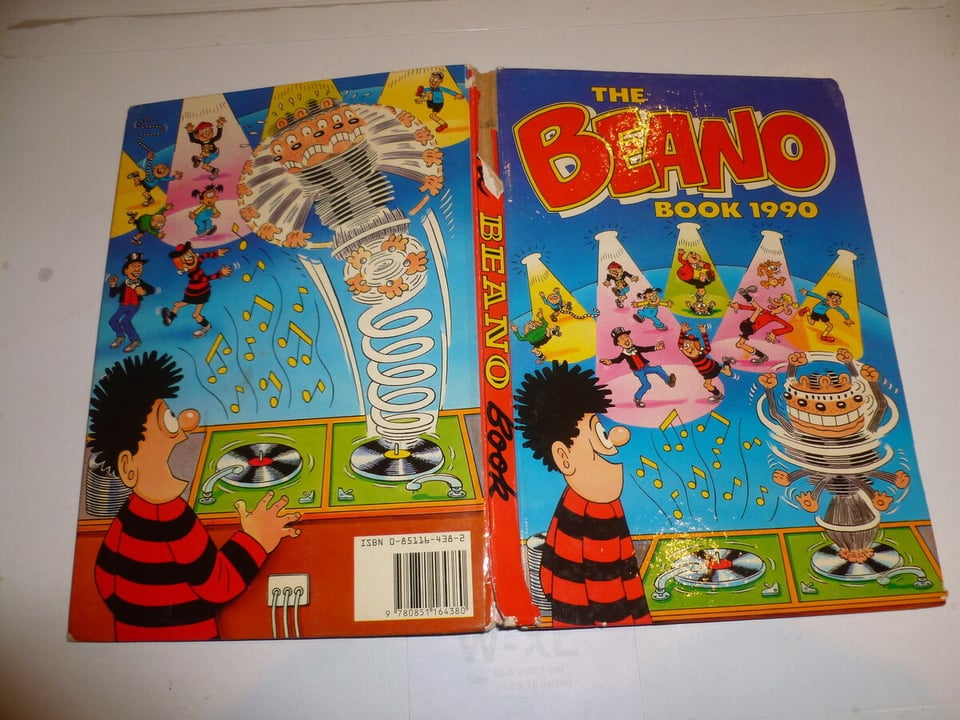
Not much later, I got a “make your own comic” craft set as a gift – it wasn’t long before I was drawing my own poor imitations of the comic strips I used to read, and persuading my mum to photocopy them for me during quiet moments in her office. I don’t know what audience I thought there was for this schoolboy publication, but it clearly left an impression on me because by the time I reached secondary school a few years later, I was the newly-crowned editor of the hugely-unpopular school magazine, Word4Word.
I used my editorship unwisely, beginning by renaming the magazine Word.com, in what I thought was a masterstroke of relevancy (it was 1999). I also took the bold decision of revamping the “Messages” section (a lonely-hearts style column in the centre spread where students could pay 10p to have a message printed to their crush/friends/enemies): I thought that dotting the individual messages throughout the magazine would encourage people to read all the other great features we had. I’m also pretty sure I commissioned a wildly-inappropriate interview with the son of a teacher who was missing a hand, whose focus was embarrassingly single-minded (or single-handed).
Editor-at-large
I guess what I’m saying here is that when it comes to the publishing game, I have previous. As soon as I was old enough to write, I was making my own “books” which always carried the tagline “written and illustrated by Matthew Andrews”.
As my school years ended I became edgy and cool (see Man Feelings #50) and I started writing a regular column for a local music magazine called Sandman. At the tender age of 19 I was somehow being given space in print to hold forth on topics like the 2005 London bombings, all under the inimitable pen name “Matt Anachronism”.
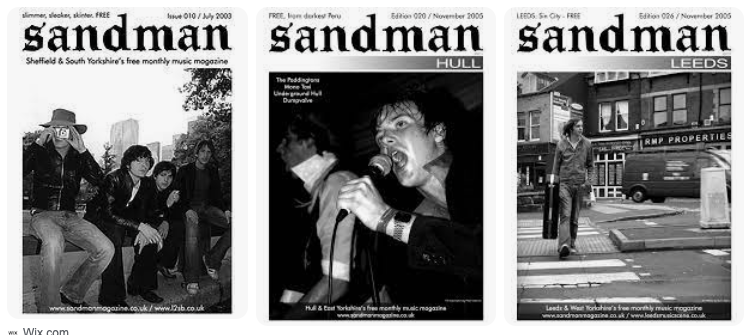
Not long after that, I discovered the punk subculture of zines, and became a regular buyer of MaximumRockNRoll, the punk bible. I also found Punk Planet, later to become inadvertently-seminal in my adult life*, and began to become aware of the thriving undercurrent of self-published magazines which folks like Pete are doing an important job to preserve and archive. It wasn’t long until I made my own.
“I’m A Pretender” was named for my favourite Exploding Hearts song, and I published three issues of this little “per zine” (personal zine) with my poetry, short fiction and later attempts at what I now realise was journalism. I got it printed at an anarchist collective in Leeds, which was another eye-opening experience for student-days me, exposing me to alternative ways of living.

I posted copies of I’m A Pretender around the world, losing money all over the place but happy just to have my words in someone’s hands. I’d already been writing on the internet for years at this point, but the novelty of having a physical artefact seemed to lend my youthful words more weight than they would’ve otherwise held. Even today, I can’t find any digital copies of any of the zines: but I know I have a couple of leftover print copies gathering dust in a box somewhere.
Who are you writing for
I grew up and started working: first for a local magazine, then for a national newspaper. A decade later and I’m on my fourth media company role, and I’ve managed to get some of my writing published by a few of the big fish in those liberal ponds. But the thrill of doing it for myself is still there: hence this newsletter.
There’s the obvious ego boost of having an audience for your writing, but what I really like about this format is the intimacy: for the five minutes you’ll spend reading this thing, the two of us are in commune together – I like to pretend when I’m writing this missive that I’m recounting it to you in person, perhaps in a pub at that sweet spot in the evening where the drink (and chat) flows, the music isn’t too loud, and someone’s just brought over several bags of excitingly-flavoured crisps to the table.
I think this is what’s always attracted me to writing: not because I have something unique to say or a particular way with words: just because it’s my favourite way to connect with the people that I love. And—once again—I’m thankful to you for being here, reading it.
*Postscript
I mentioned Punk Planet becoming significant again much later in my life. I kept all my old zines and often put them on display – at some point in early 2019, I had an edition featuring one of my favourite musicians, Ted Leo, prominently highlighted on our bookshelves.
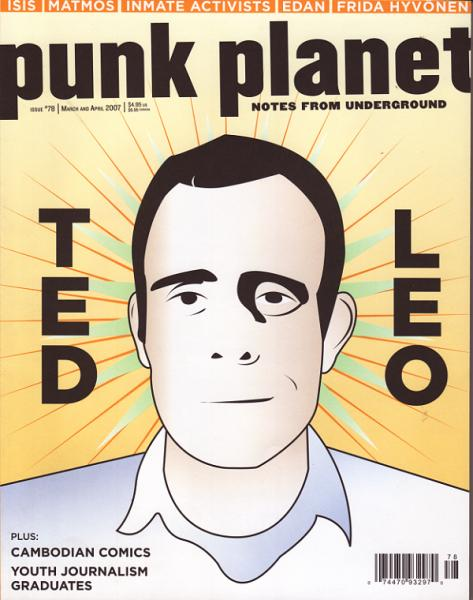
Casting around for a name for the child in her belly, my partner Maddy said “Ted’s a nice name – what’s that short for?”. “Theodore”, I said. The rest was history.
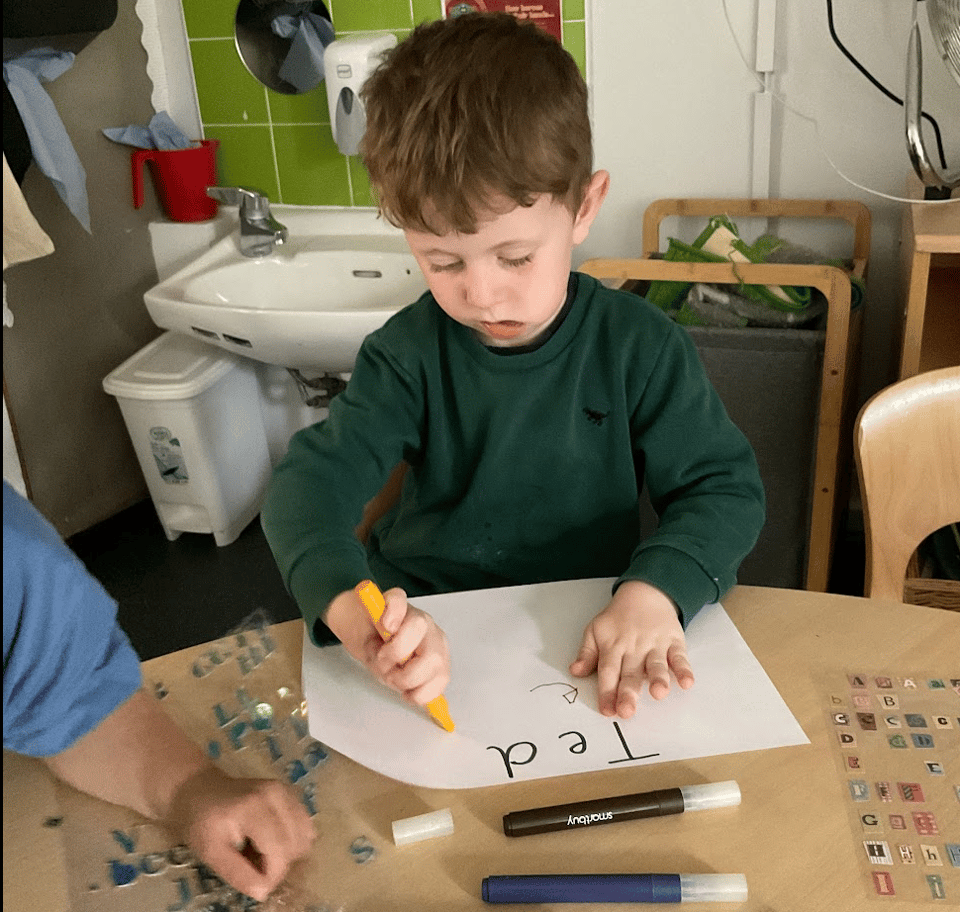
Mini-feels this week
The multitudinous seas incarnadine, or something
As summer ended, we took a family holiday in Norfolk (where we watched people crabbing). The Airbnb we stayed in—a converted barn—was lovely, but full of various airborne threats: daddy long legs, weirdly buzzy fruit flies, and tiny mosquito-like annoyances.
After a particularly testing day wrangling children, I was trying to tidy the place up after putting the kids to bed. Flies bedecked every surface of the living room, and I eventually tired of trying to catch them with kitchen roll and grabbed the fly-swatter hanging in the corner.

I approached one arrogant-looking fly and swatted it, thoughtlessly, into the white ceiling. Instantly it erupted with a squelch of outrage, and when I removed the swatter, I saw a crimson smear of someone’s blood spreading neatly across the white emulsion. I yelped with panic and ran for a damp cloth.
Scrubbing urgently at the bloody insect mess, I was relieved to see the stain quickly vanish. I stepped down off the sofa and disposed of the fly’s remains, then was horror-stricken to re-enter the room to see the bloodstain back once more on the ceiling. I grabbed my cloth again and wiped it clean, confirming the ceiling was once more pristine.
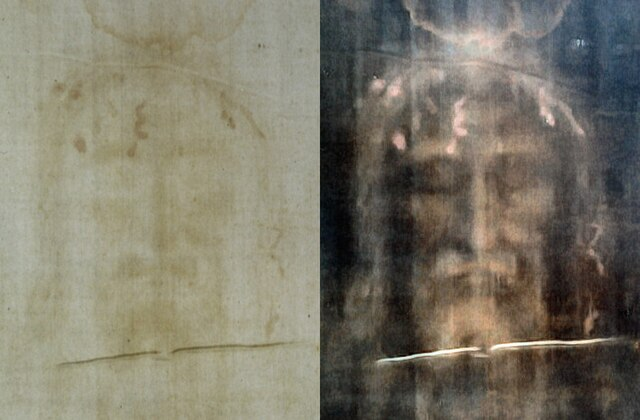
But as I stood watching, the bloodstain returned again, like some Shroud of Turin designed to remind me of the sacrifice of our insectoid Christ. Half-weeping, I scrubbed furiously at the immutable bloodstain like Macbeth trying to rid his hands of Duncan’s blood, cursing the day that I ever tried to teach a fly a lesson.